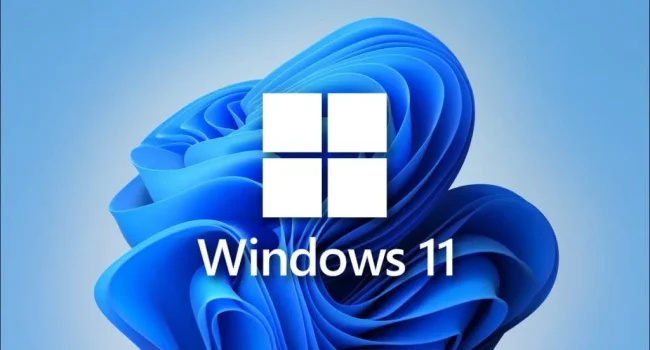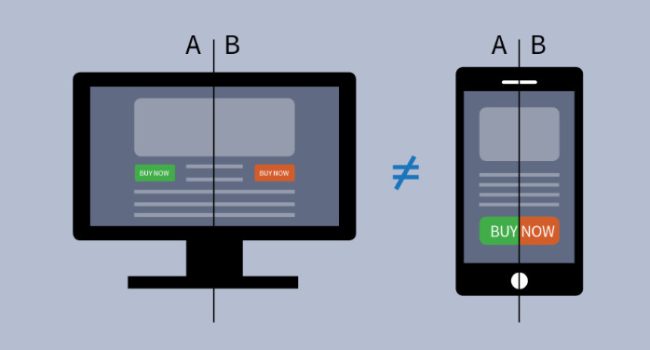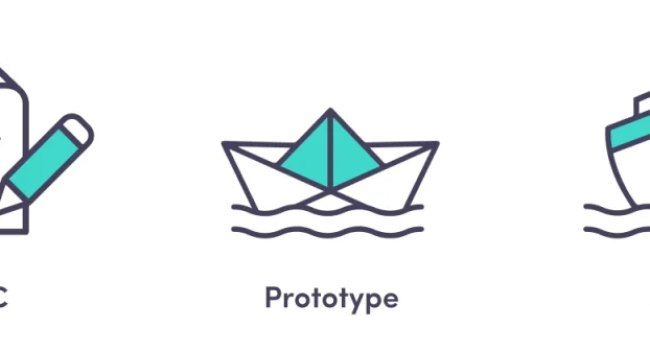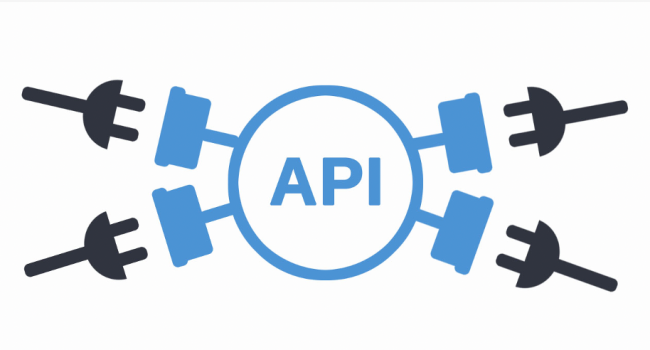When people learn about making games, they often get confused about which game engine to use. Unity vs. Unreal Engine is a global topic among developers because of their flexibility, compatibility with different platforms, adaptability, and widespread use in the game development industry.
Deciding which one is better can be tough. In today’s article, we’ll discuss many features of Unreal vs Unity 3D Engine so you can decide which game engine is best for your project.
Unreal Engine:
Unreal is a fully functional platform for visual and digital advancements, mainly used for making games. It’s becoming one of the most widely used C++ gaming engines.
This Engine helps create both 2D and 3D games, with its roots in a famous first-person shooter (FPS) game from 1988 by Epic Games.
Unreal has evolved to produce visually stunning and cinematic effects. It boasts endless VFX features and rendering capabilities. Unreal’s blueprints, a visual scripting system, also contribute to a more realistic appearance without complex programming.
Unity Engine:
Unity Technologies introduced a gaming engine named Unity in 2004, and even today, game developers globally see it as one of the best and most effective. Its enhanced features and capabilities make it popular for bringing creative ideas to life.
Unity is beneficial because it allows independent studios and companies to broaden their game offerings with different experiences. When combined with interactive tools like AR and VR, Unity helps make realistic games that boost engagement and productivity.
Unreal vs. Unity Engine:
It’s time to assess Unreal Engine vs. Unity side-by-side to see which excels in each of the critical areas:
Unreal Vs. Unity Programming Language:
Unlike Unreal, which uses C++, Unity employs the C# programming language. C# is a great choice for game developers who want to code as it’s more user-friendly and easier to learn than C++.
In contrast, Unreal utilizes a visual programming system called Blueprints, eliminating the need for users to write programs. Game creators only have to create nodes and connect them to establish logic for their games.
Unreal vs. Unity Graphics:
At first glance, it might seem like it doesn’t matter whether you design your game in Unity 3D or Unreal as a game developer. However, there are distinctions that become clear.
Unreal offers ready-to-use and easily customizable preset tools like volumetric lights, post-processing, and lens flares. It also provides more realistic lighting than Unity 3D, with excellent shadow falloff and a clean appearance. Unreal’s Material editor makes it the preferred choice for developers as it simplifies making desired modifications.
In contrast, Unity 3D’s shadow details are not as precise as Unreal’s, even though it supports recent lighting technologies like PBR or GI. While Unity 3D lacks an editor material, it does support standard features like normal maps, base textures, and occlusion maps, with a relatively small number of parameter settings.
Unreal vs. Unity assets store
A great thing about video game development today is how easily you can get various resources. The Unreal marketplace and Unity asset shop offer collections of ready-to-use game assets. Unity 3D has a wide range of components available, including textures, animations, models, project examples, tutorials, and editor extensions.
Both game engines offer both free and paid resources, but Unreal Engine tends to do better in this regard. The Unreal marketplace has higher-quality free assets compared to the Unity 3D asset shop.
Unreal vs. Unity community
Unity and Unreal, two popular game engine systems, have big online communities on forums, Sub-Reddits, YouTube, and other platforms. Although Unity has a larger community, Unreal Engine’s community is growing fast and may soon surpass Unity’s in size.
Having a bigger and livelier community makes it easier for users to find answers to their questions.
Unreal vs. Unity pricing
Even though both are free, there’s a difference. Unity can be upgraded to the pro edition based on your needs, and it offers various subscription options ranging from $40 to $150 per month per seat.
With Unreal, when your game or interactive product makes more than $1,000,000 in lifetime gross revenues, a 5% royalty cost is applied to the game’s gross income. However, the license to use Unreal is currently free.
Conclusion

If you’re a beginner looking to learn how to code and create different games, Unity 3D is a great choice. On the other hand, if you want top-notch graphics, Unreal might be more suitable.
XR Studios considers your budget and needs and selects the right engine for developing mobile games





